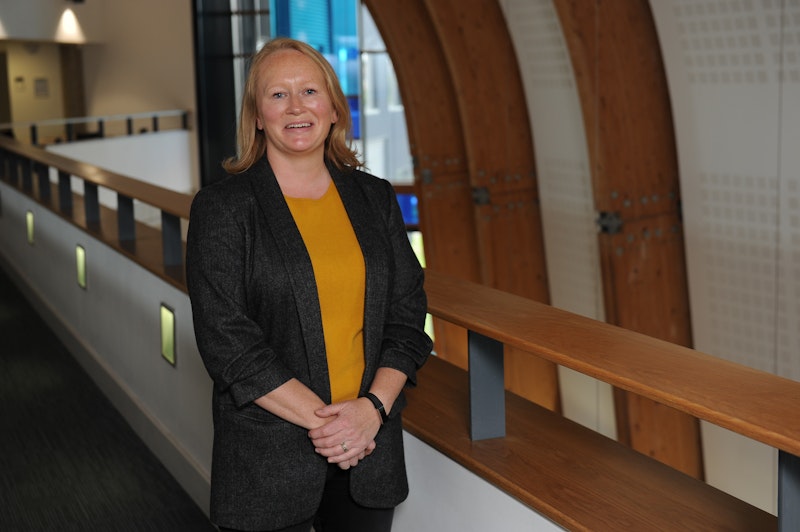Pandora Papers show little has changed
What steps - if any - are being taken to end tax avoidance? Dr Maggie Cooper explores offshore accounts and higher corporation tax.

Two key, but very different stories about tax avoidance made headlines last week. The first, the , was an investigation by the International Consortium of Investigative Journalists into a huge leak of financial papers. These seem to relate largely to the affairs of individuals – a number of high profile people including notable politicians.
The papers show the funds that are kept in offshore accounts and the lengths that these individuals have gone to in order to maintain secrecy. These papers don’t really show us anything new, as previous leaks have shown very similar schemes and individuals. The Pandora Papers are also not particularly up to date –they seem to be largely from around 2007 to 2014 – but the fact that they are still relevant shows how little has changed. They reveal similar schemes to those included in the earlier Panama Papers and Paradise Papers. Perhaps the involvement of so many politicians gives a hint at why there has been no progress in outlawing these schemes and increasing the transparency of money flows around the world.
The second story shows progress. Ireland has agreed to adopt the proposed by the Organisation for Economic Co-operation and Development, (OECD) meaning that its global tax agreement now has more than 140 countries signed up to it. Working together means that the countries involved can elicit real change in the behaviour of multinationals.
The deal gives a minimum rate – countries are free to set a higher rate if they choose to. While the 15% level is lower than many campaigners called for, it is the first time a global minimum has been set and is clear progress towards to the goal of reducing corporation tax avoidance. It demonstrates the progress that can be made when there is sufficient political will. The agreement means that the pressure on countries to compete for investment through the reduction of tax rates is eased. Governments will be able to charge, and receive, a fairer rate of income from corporation tax which they can then use to fund public services.
Without the necessary political will, and a common goal to remove the ability of high net worth individuals to move funds around the world anonymously, leaks of papers such as those we saw last week will continue to give us brief glimpses into the activities of these people but there will be no real change.
You might also like
New Towns for new times
The finance of flying – Spring Budget 2024
Johnson’s ‘out of sight, out of mind’ Rwanda policy
This site uses cookies to improve your user experience. By using this site you agree to these cookies being set. You can . If you do not wish to accept cookies from this site please either disable cookies or refrain from using the site.
